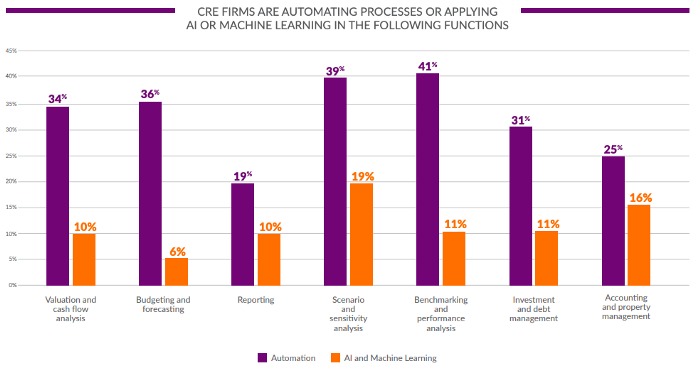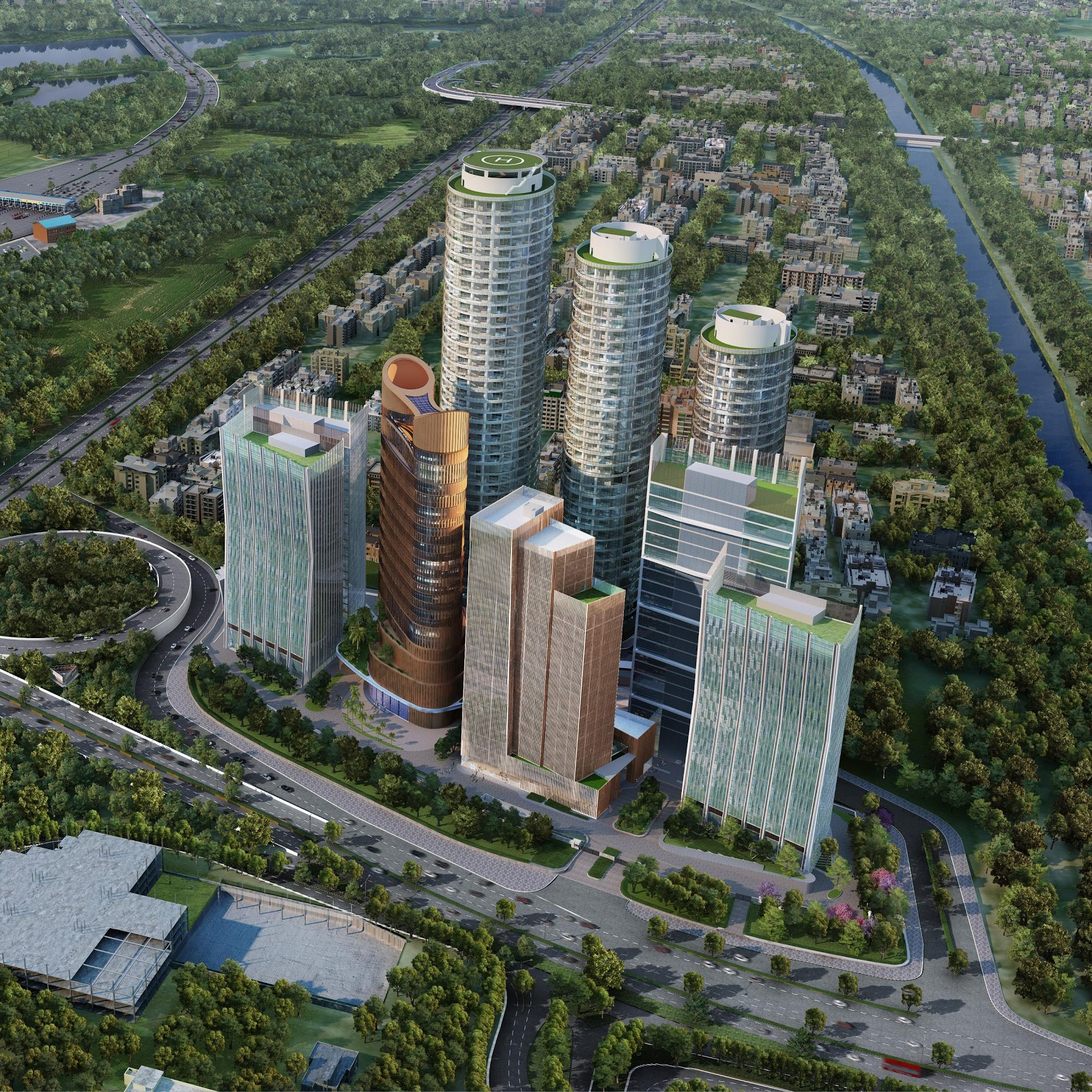Technology has transformed every aspect of the modern human experience and real estate is no exception. According to the 2018 Revision of World Urbanisation Prospects by UN DESA, 68 percent of the world’s population is projected to live in urban areas by 2050. Naturally, there’s a growing demand for affordable housing, transport, and other infrastructure. And these demands drive innovation. Concerns around sustainability and security have also posed challenges that need to be addressed.
The Future of Real Estate Tech
Let us take a look at some of the technologies that are set to lead to the greatest transformations in the future of real estate tech.
#1 Artificial Intelligence and the Data Revolution
We live in an age where an increasing amount of data is generated every day, and the potential to leverage this data to revolutionise the real estate industry is immense. Artificial intelligence solutions, many of which are witnessing mainstream adoption already, require large amounts of data anyway, and predict real estate prices, generate insights from the data, and even prevent budget overruns.
Consider IBM’s TRIRIGA, which uses data, AI, and IoT to deliver insightful solutions for intelligent real estate and facilities management. The technology capable enough to improve space and facility utilization, optimize lease administration and accounting and maximize capital projects. Many CRE firms are applying AI and machine learning in their processes, and the future is likely to see an increase in the popularity of these technologies.

#2 Blockchain Integration
The real estate sector could certainly do with a shared, immutable database for leasing, purchase and sale transactions. A Blockchain would enable such a database and would help generate greater trust among entities. If explored further, it may also discover opportunities for disintermediation. Smart contracts can be leveraged to automate real estate transactions that involve conditional clauses.
ATLANT, for example, is a blockchain-based platform that enables real estate and rental property transactions. It tokenizes property and enables trading. This will also help to solve the problem of liquidity for the real estate sector, which has been a highly illiquid asset so far.
#3 Sharing Economy
Land resources are, of course, limited, while the demand for offices and apartments continues on a one-way, upward trajectory,. Therefore, it is not unsurprising that the rise of the sharing economy is one of the most important real estate trends in recent times.
Shared housing and transport is not only sustainable but also reduces costs for the consumers, while simultaneously bringing in more opportunities for the real estate sector to innovate and transform. The integration of technology with such a system – such as pooled transport being only a click away – is going to lead to better user experiences.
#4 Internet of Things
From increasing energy efficiency using sensors to enabling faster and informed decision-making, the Internet of Things (IoT) has already made its way into the workings of the real estate sector. Consider the use of IoT to develop smart homes – the ability to view security camera footage on smartphones, lock doors remotely, and the use of sensors to save energy and water have all been made possible. The Max Towers and Max House offices in Delhi NCR rely on artificially intelligent cameras to assist with enforcement of masks and social distancing, thanks to a partnership with Wobot.
IoT integration can also help improve the house searching experience. For example, Rently makes it possible to show properties without requiring an agent to be present on site.

#5 Virtual and Augmented Reality
Virtual reality (VR) and augmented reality (AR) have the potential of revolutionizing the process of leasing, renting, buying, selling, or otherwise managing properties. Potential customers can virtually ‘visit’ the property for a real-time view, whether it’s residential real estate or commercial workspaces. And the need for virtual visiting has never been greater than in a post-COVID-19 world.
As a result,, time is saved, customer experience is enhanced, and the customer base widened, perhaps to a global scale The concept of visual staging, for example, would allow the creation of a visual representation of how a property looks with furniture. This makes the AR experience of visiting a property even more insightful and informative than an on-site visit.
At Max Towers, the Max Estates partnered with Kubma to enable entire online experiences for clients, helping close deals faster, and even assisting the leasing team at Max Estates to conduct online inspections for their property. In the near future, this experience will be brought to smartphones as well.

A Tech-Driven Real Estate Future
As innovations pave the way for a tech-driven future, customer expectations will simultaneously continue to rise. This relationship between the customer and the real estate technology companies will, in turn, further transform the future of the sector. It is an uphill path for sure and requires the tech industry to solve many challenges along the way. The future is difficult to predict but simultaneously, it seems more promising than ever.
 0 comments
0 comments


